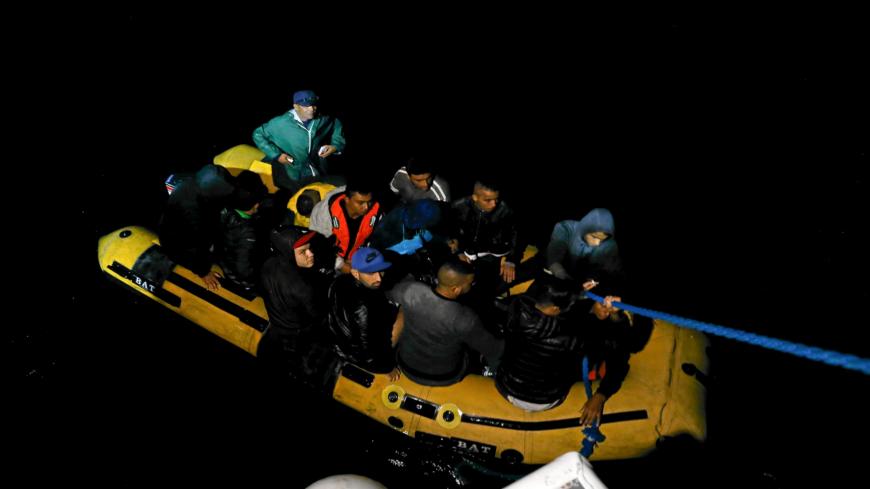For many young, disenfranchised Tunisians, Europe is tantalizingly close. The small North African country is the northernmost point on the African continent, and on an exceptionally clear day, it is possible to spot the outline of Italy across the blue horizon. The lyrics of one popular North African song, "Ah Ya Babour" ("The Boat"), by Groupe Liberta, epitomize that longing: “I sit by the sea. Lost in my thoughts. I look at the boats. The image of Paris comes to me.”
Both proximity and history are written in Tunisia’s long story of migration to Europe. After achieving independence from France in 1956, Tunisia signed bilateral labor agreements with France (1963) and Germany (1965) that facilitated emigration for work. Given France’s colonial legacy in the country, linguistic and cultural ties (though they had been required in school) made France a particularly popular destination. Movement to Europe remained relatively open until the 1990s, when European countries fortified their border controls and visa regulations — at which point, a parallel system of illegal entry, the overstaying of visas and permanent settlement began to take shape.


